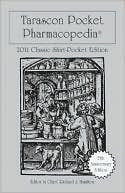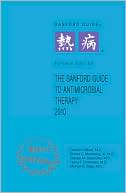Molecular Biology of Parasitic Protozoa
Protozoans are interesting creatures for several reasons, not least of which is their ability to live inside or among the cells of their host while resisting the host's cellular defences. The rigours of their lifestyle have resulted in the evolution of some remarkable adaptation at the biochemical level; many parasites have dispensed with entire metabolic pathways, and have evolved complex mechanisms for transmission to new hosts. Parasitic protozoa cause some of the major infectious diseases...
Search in google:
Protozoans are interesting creatures for several reasons, not least of which is their ability to live inside or among the cells of their host while resisting the host's cellular defences. The rigours of their lifestyle have resulted in the evolution of some remarkable adaptation at the biochemical level; many parasites have dispensed with entire metabolic pathways, and have evolved complex mechanisms for transmission to new hosts. Parasitic protozoa cause some of the major infectious diseases of humans and domestic animals. In recent years, new molecular biological techniques have opened up the study of the biology of these parasites, and tremendous advances have been made. This book covers this interesting and fast-moving field at an advanced level for which there is no other up-to-date book.
List of contributorsAbbreviations1Introduction12Trypanosomatid genetics63The three genomes of Plasmodium354Toxoplasma as a model genetic system555Kinetoplast DNA: structure and replication756Developmental regulation of gene expression in African trypanosomes887Trans-splicing in trypanosomatid protozoa1158RNA editing: post-transcriptional restructuring of genetic information1349Biogenesis of specialized organelles: glycosomes and hydrogenosomes15910Mechanisms of drug resistance in protozoan parasites18111Glycosyl-phosphatidylinositols and the surface architecture of parasitic protozoa205Index229








